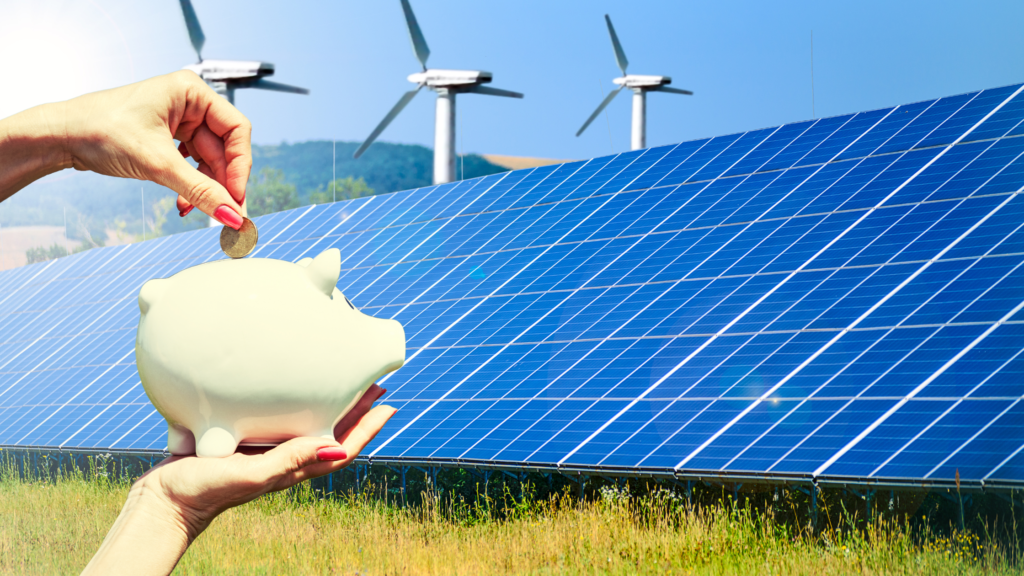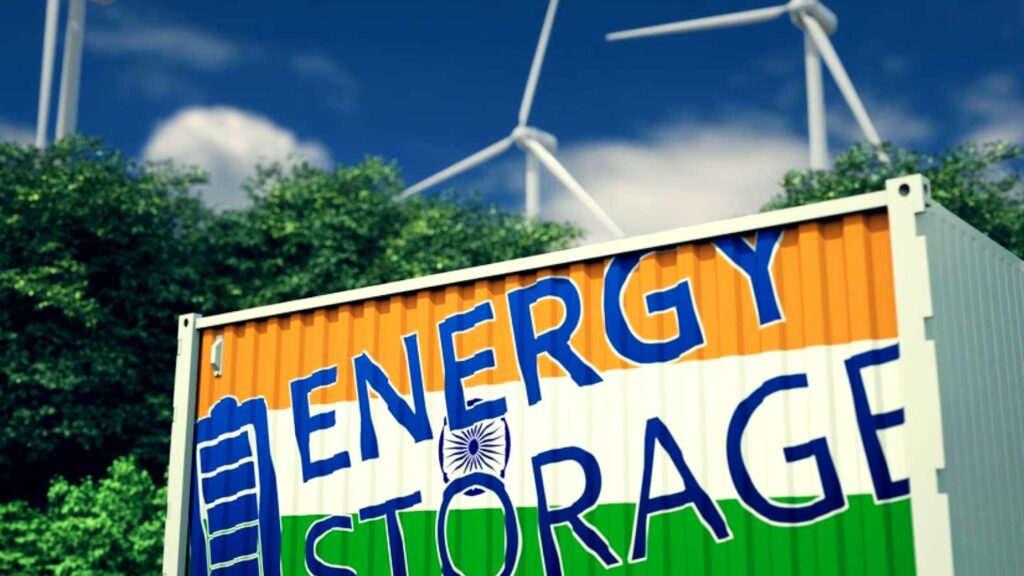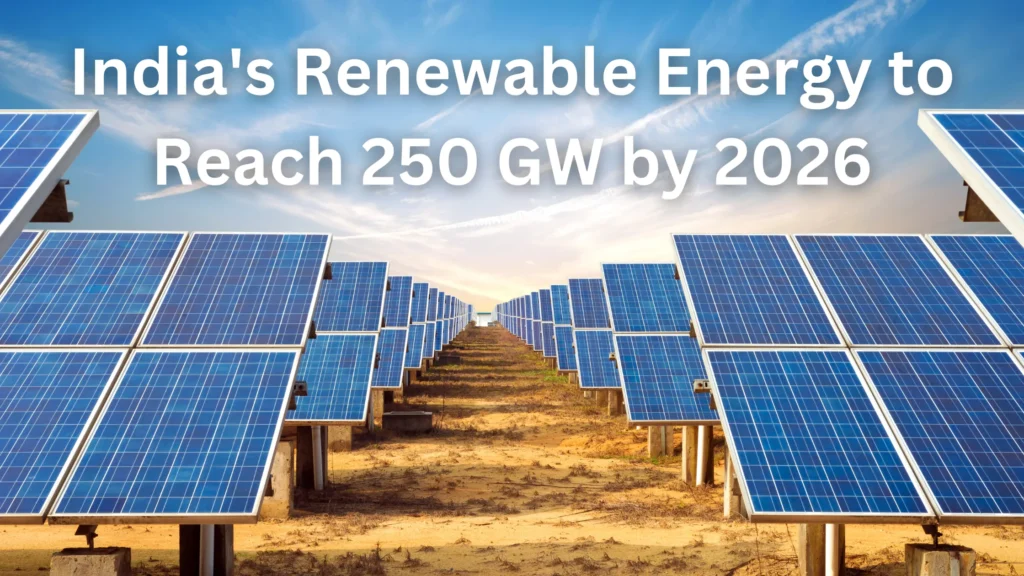Clean energy is no longer a buzzword confined to environmental discussions; it’s at the heart of modern economic growth. When we talk about clean energy, we’re referring to sources like solar, wind, hydropower, and geothermal energy that produce little to no greenhouse gas emissions. The push toward clean energy isn’t just about saving the environment; it’s about creating new opportunities for economic development. And while there’s been a long-standing debate about whether clean energy can truly power our world, the economic benefits of investing in clean energy are becoming increasingly clear.
In this blog, we’ll dive into the key economic benefits of investing in clean energy and explore why this shift is not only good for the planet but also good for business.

-
Job Creation and Employment Growth
One of the most immediate and impactful economic benefits of investing in clean energy is job creation. The clean energy sector is a massive generator of employment opportunities, and it’s only expected to grow as governments and corporations increase their commitments to renewable energy.
For instance, millions of people are employed globally in the renewable energy sector. The International Renewable Energy Agency (IRENA) estimates that approximately 11 million people are employed worldwide in the solar and wind power sectors alone. Millions of people can find steady, well-paying work in fields like energy efficiency auditing, wind turbine maintenance, and solar panel installation.
This expansion is just not limited to technical or engineering roles. The sustainable energy industry is in need of positions in marketing, project management, finance, and even legal services. Clean energy provides a wide range of professional options that are essential for economic stability, from tech developers to construction workers.
-
Energy Independence and Security
Countries can lower their dependency on imported fossil fuels by making significant investments in clean energy. The economic benefits of this transition to energy independence are enormous, particularly for countries that have traditionally had to import coal, natural gas, or oil.
Countries can reduce the risks associated with unstable global oil prices and geopolitical conflicts by cultivating domestic renewable energy sources. Consider a situation in which war in a significant oil-producing region causes oil prices to soar. Economies that rely on oil imports would suffer, while those that have made investments in renewable energy sources like solar and wind would fare far better.
The reduction of energy-driven conflicts is another benefit of this type of energy independence for national security. In other words, a nation is less likely to become involved in international conflicts over energy resources the more independent it is in supplying its own energy demands.
-
Cost Savings in the Long Term
The cost of clean energy is one of the common misconceptions about it. Indeed, the transition to renewable energy does come with upfront expenses. The fact is, however, that there will be significant long-term financial savings.
After the initial infrastructure is established, renewable energy sources like the sun and wind are free, in contrast to fossil fuels, whose extraction, refinement, and transportation costs vary and increase over time. Although they may need to be invested in, wind turbines and solar panels generate electricity at little to no cost once they are up and running.
Additionally, costs have drastically decreased as a result of technology developments and the mass production of renewable energy technologies. For example, over the past ten years, the cost of solar energy has decreased by more than 80%. The cost of wind energy has also significantly decreased. Because of these cost trends, renewable energy is not only competitive with fossil fuels but also, frequently, less expensive.
Over time, this results in decreased electricity bills for homes and businesses. In just a few years, the initial investment in clean energy systems may be recouped, and the energy generated thereafter is almost free. Additionally, governments are lowering the cost of sustainable energy projects by providing tax cuts, incentives, and subsidies.
-
Attracting Investment and Boosting Innovation
Clean energy offers enormous investment potential in addition to being an environmental endeavor. Billions of money are being invested in sustainable energy initiatives by venture capitalists, private equity groups, and even conventional energy businesses. These investments foster innovation, which propels the creation of smarter grids, more effective energy storage systems, and new technologies.
Both established businesses and young startups are vying to develop the next big thing in energy as more capital enters the market. The economic benefits of this innovation are extensive and range from improvements in grid infrastructure that better distribute renewable energy to innovations in battery technology that enable more effective energy storage.
The benefits are considerably greater for nations that set the standard for innovation in renewable energy. They will strengthen their businesses, draw in foreign investment, and take the lead in exporting renewable energy innovations worldwide. For instance, Germany is well known for its wind energy expertise, and China is currently the world’s biggest producer of solar panels.
-
Resilience to Economic Shocks
The resilience of renewable energy to economic crises is exceptional. Natural disasters, political unrest, and changes in global demand are the main causes of the infamously erratic fossil fuel markets. In contrast, renewable energy is predictable, reliable, and local.
Consider wind and solar power, for example. Regardless of market conditions, the cost of generating power is constant once a solar farm or wind turbine is constructed. Price stability of this type is extremely valuable, particularly during economic downturns or energy crises.
Furthermore, when necessary, clean energy projects can be quickly expanded. Clean energy systems may be swiftly modified to meet new demands during pandemics or natural disasters, when energy demand drastically changes, without requiring complicated supply chains or fuel imports.
-
Health and Environmental Cost Savings
Burning fossil fuels has enormous negative effects on the environment and human health. Coal-fired power plants, oil refineries, and gasoline-powered automobiles all contribute to air pollution, which can cause heart problems, respiratory illnesses, and even early mortality.
By lowering these health hazards, clean energy investments can result in large financial savings. Increased productivity, fewer sick days, and cheaper healthcare expenses are all results of a healthier populace. Large-scale expenditures in renewable energy are justified by the advantages of reducing air pollution alone, according to studies.
Furthermore, climate change is already costing the world economy billions of dollars in losses from extreme weather events like hurricanes, floods, and wildfires. Clean energy helps lessen these effects. We can decrease the financial impact of these catastrophes by lowering carbon emissions.
-
Diversification of the Economy
Lastly, clean energy presents a chance for economic diversification. Making the switch to renewable energy can help areas that have historically depended on fossil fuels develop new industries and sources of income. The economy is more resilient to shifts in the global fossil fuel market as a result of this diversity.
For instance, Texas, which has historically been a major oil-producing state, is currently among the top wind energy producers in the US. In addition to diversifying the state’s economy and reducing its dependence on the unstable oil market, this change has produced thousands of jobs.
Conclusion
Not only is it morally right to invest in clean energy, but it’s also a wise financial decision. The economic benefits of investing in clean energy are numerous and strong, ranging from the creation of jobs and long-term savings to greater energy independence and resilience. The transition to renewable energy will be one of the key forces behind economic growth in the twenty-first century as we continue to confront the difficulties posed by climate change.
Investing in clean energy now is crucial for the future of the economy as well as the environment. Clean energy is a win-win situation that promises wealth and sustainability.


